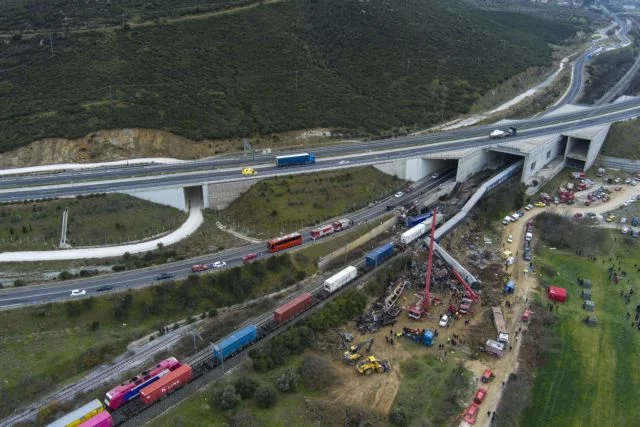
A station master who allegedly caused a deadly train collision in north-central Greece late Tuesday night, by making a catastrophic error, was reportedly warned of two trains on the same line but headed towards each other 17 minutes before the horrific crash.
The official death toll from the worst rail accident in Greece’s history climbed to 57 on Thursday, although the number of still missing passengers indicates that more bodies remain to be recovered from within the charred wreckage of the north-bound passenger train. The collision took place at the Evangelismos site, at the southern mouth of the Tempi Valley Gorge.
According to a report aired by the Athens-based Star channel on Thursday evening’s prime-time newscast, another station master, at the Neon Poron station, the first stop north of the Larissa station and only a few kilometers from the accident site, reportedly told his colleague that a south-bound freight train was heading straight for the north-bound passenger train.
The communication between the two station masters, according to the same media report, took place at 23.04 local time (21.04 GMT), 17 minutes before the crash.
According to the newscast, in fact, the communication has been recorded.
The Larissa station master will appear before a prosecutor in the same city on Saturday, with felony counts expected to be filed against him. He currently remains in remand.
The 59-year-old man is an employee of the state-run railway system, OSE, and in preliminary statements to authorities on Wednesday reportedly admitted that he mistakenly switched the north-bound passenger train into the path of the oncoming freight train.
Nevertheless, intense media scrutiny in the country over the past two days has also focused on why consecutive governments and state railways administrations haven’t installed an electronic – and subsequently digital – monitoring, signaling, communication and automated braking system along all tracks and trains – a project that dates back to even before the 2004 Olympic Games of Athens.
Moreover, Greece’s rail network is deemed as one of the smallest and antiquated in the European Union.
Latest News

EU Praises Greece’s RRF Progress as Revised Recovery Plan Nears Completion
Athens is preparing to submit its revised “Greece 2.0” Recovery and Resilience Plan after Easter, with a slight delay from the initial timeline but with the European Commission’s approval.

Greek €200M 10Y Bond to be Issued on April 16
The 3.875% fixed-interest-rate bond matures on March 12, 2029, and will be issued in dematerialized form. According to PDMA, the goal of the re-issuance is to meet investor demand and to enhance liquidity in the secondary bond market.

German Ambassador to Greece Talks Ukraine, Rise of Far Right & Tariffs at Delphi Economic Forum X
Commenting on the political developments in his country, the German Ambassador stressed that it was clear the rapid formation of a new government was imperative, as the expectations across Europe showed.

Athens to Return Confiscated License Plates Ahead of Easter Holiday
Cases involving court orders will also be excluded from this measure.

Servicers: How More Properties Could Enter the Greek Market
Buying or renting a home is out of reach for many in Greece. Servicers propose faster processes and incentives to boost property supply and ease the housing crisis.

Greek Easter 2025: Price Hikes on Lamb, Eggs & Sweets
According to the Greek Consumers’ Institute, hosting an Easter dinner for eight now costs approximately €361.95 — an increase of €11 compared to 2024.

FM Gerapetritis Calls for Unified EU Response to Global Crises at EU Council
"Europe is navigating through unprecedented crises — wars, humanitarian disasters, climate emergencies," he stated.

Holy Week Store Hours in Greece
Retail stores across Greece are now operating on extended holiday hours for Holy Week, following their Sunday opening on April 13. The move aims to accommodate consumers ahead of Easter, but merchants remain cautious amid sluggish market activity.

Green Getaway Ideas for Easter 2025 in Greece
Celebrate Easter 2025 in Greece the sustainable way with eco-farms, car-free islands, and family-friendly getaways rooted in nature and tradition.

Civil Protection Minister Details Summer Firefighting Plans at Delphi Forum
At the 10th Delphi Economic Forum, Minister of Climate Crisis and Civil Protection Yiannis Kefalogiannis discussed Greece's plans for the upcoming fire season.

























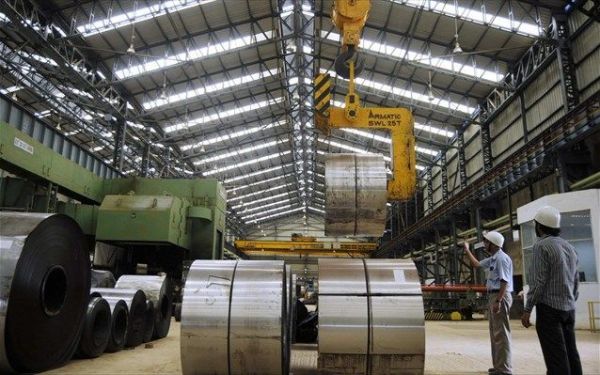
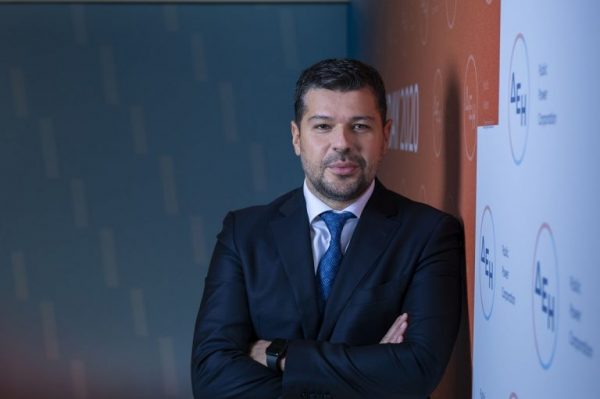

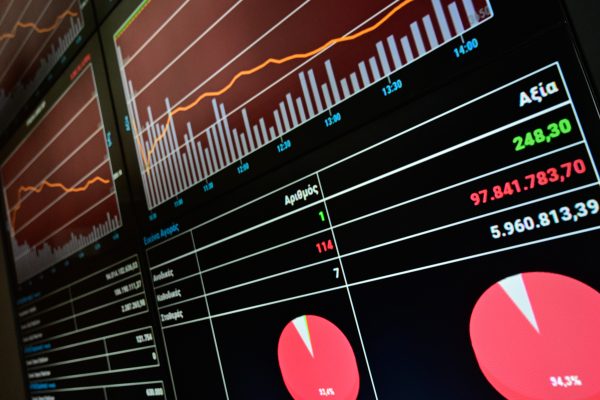





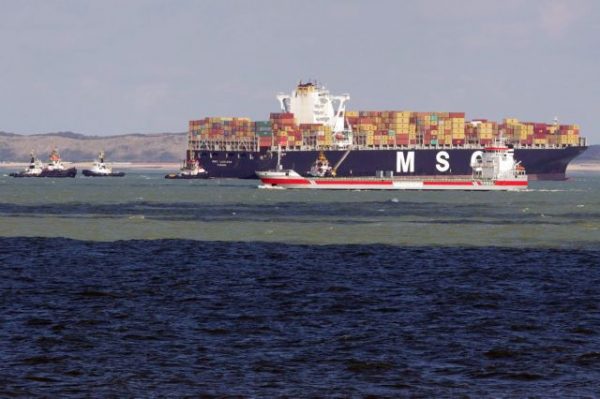
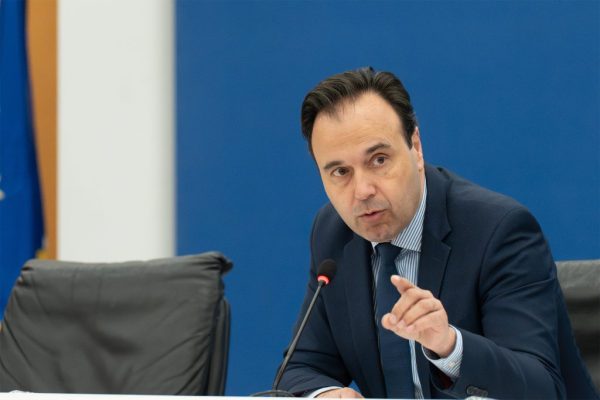
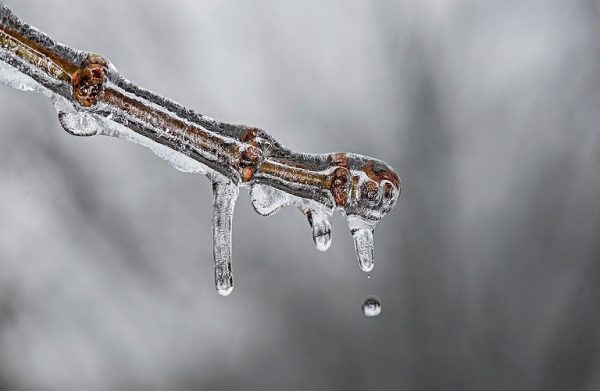




 Αριθμός Πιστοποίησης
Αριθμός Πιστοποίησης